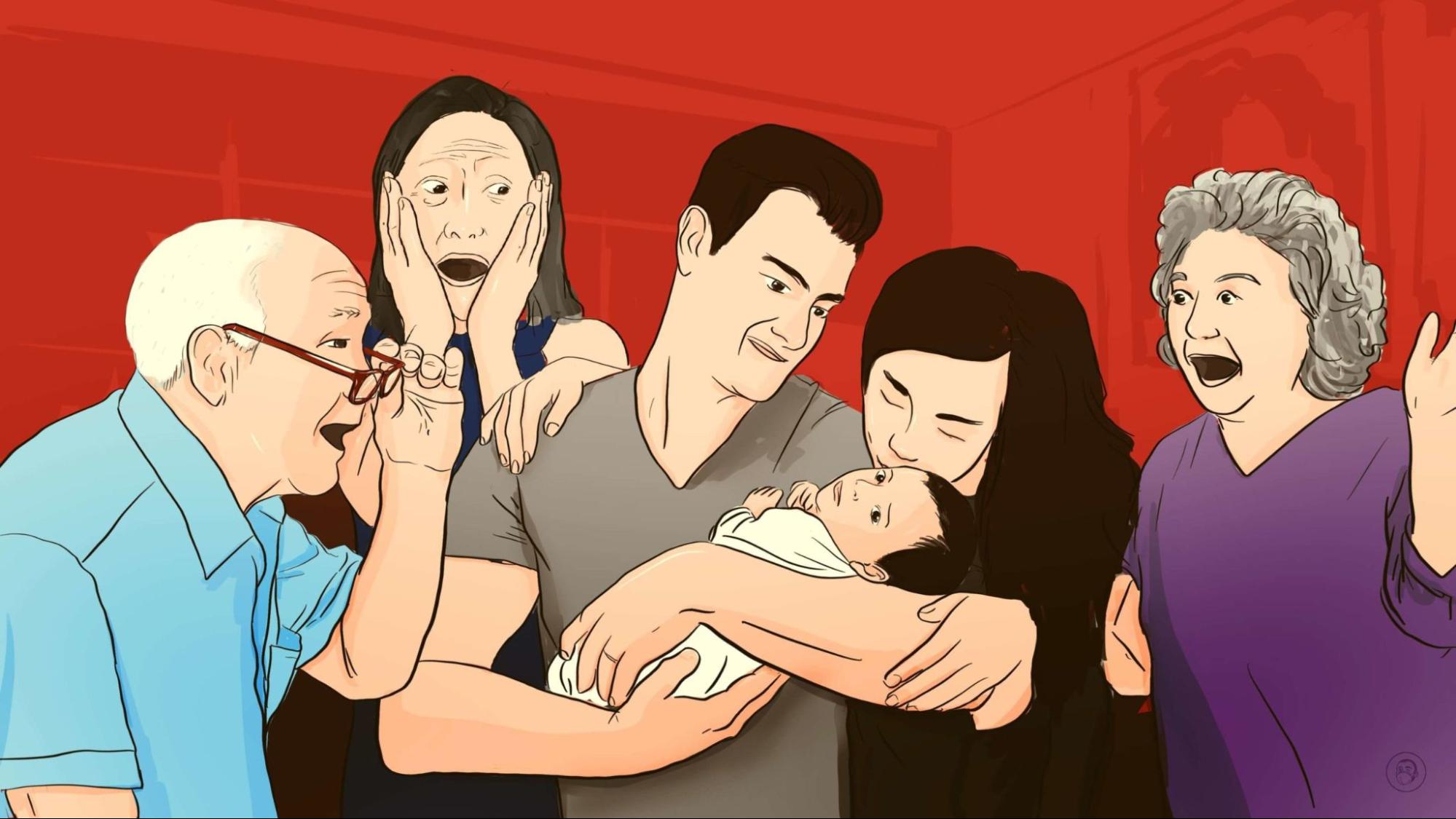To the dismay of Chinese officials, the three-child policy -announced in 2021- failed to deliver a baby boom last year, which recorded the lowest number of newborns since China started tracking in 1949. Compared with 2021, while the percentage of third children rose by a marginal 0.5%, the absolute number declined.
To make matters worse, the report also revealed that the share of second babies fell to 38.9% from 41.4%.
The numbers added to a sense of urgency in a country where the government has been grappling with a looming demographic crisis. Last year, China reported a fall in its population for the first time in more than 60 years.
Over the years, China’s demographic patterns have been largely shaped by the controversial one-child policy, which was put in place in the late 1970s to curb a surging population. Families that violated the regulations received financial penalties, and, in some instances, repercussions in the workplace. Through the strict enforcement of the family planning rules, many women were forced to have abortions, with men being encouraged to undergo vasectomies. According to the government, some 400 million births were prevented as a result.


Why is China trying to boost its population after strictly controlling it for decades? Especially why now, when the earth is melting and a smaller population would go a long way towards eliminating a lot of the pressure on the environment?